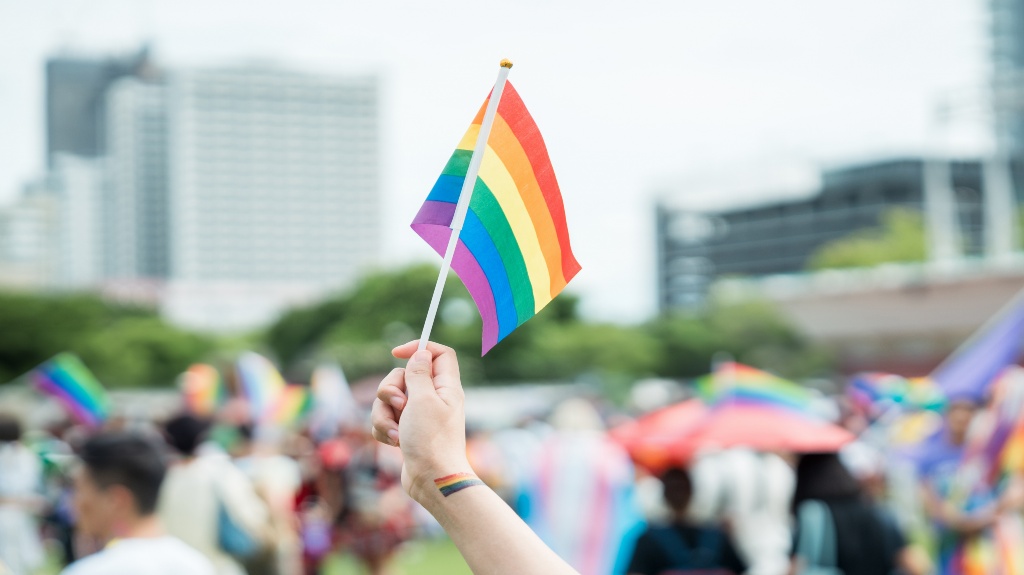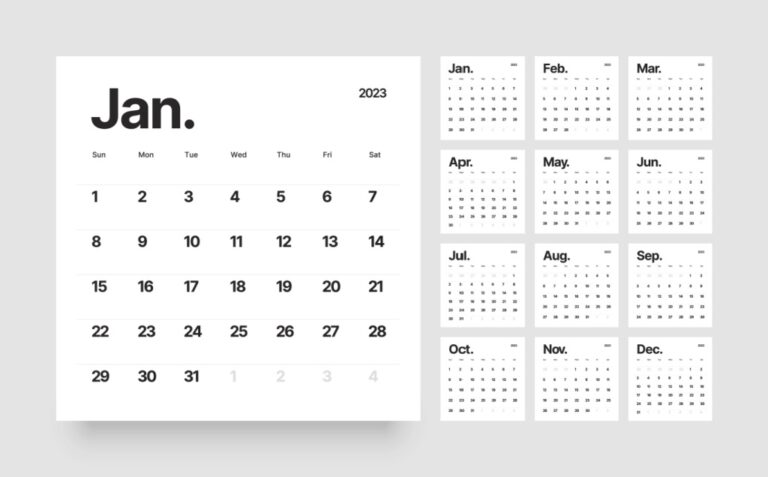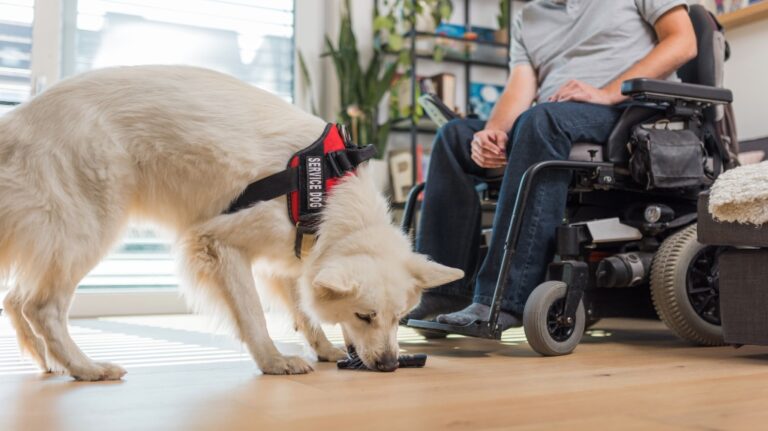2025 Guidelines for VA Disability Benefits for LGBTQ+ Veterans

As we enter 2025, LGBTQ+ veterans may see important changes and new guidelines regarding their eligibility for VA disability benefits. The Department of Veterans Affairs (VA) is committed to ensuring all veterans receive equitable access to the benefits they have earned through their service. For LGBTQ+ veterans, understanding these guidelines is essential to navigate the benefits application process successfully. This blog will highlight the 2025 updates, eligibility criteria, and practical steps LGBTQ+ veterans should take when applying for VA disability benefits.
Understanding VA Disability Benefits for LGBTQ+ Veterans
VA disability benefits are available to veterans who have incurred an injury or illness during their service or who have a pre-existing condition that was aggravated by their service. These benefits provide financial support and access to healthcare services. LGBTQ+ veterans face unique challenges, including discrimination, harassment, or service-related injuries that may require special consideration by the VA.
For LGBTQ+ veterans, understanding the latest VA guidelines for disability benefits can help ensure a smoother application process and the maximum possible support.
New Updates for 2025
In 2025, the VA has implemented new guidelines aimed at enhancing access to disability benefits for LGBTQ+ veterans. Here are some of the key updates:
- Expanded Recognition of Service-Connected Conditions: The VA now recognizes a broader range of mental health conditions, such as PTSD and anxiety, that may have resulted from discriminatory experiences or harassment related to an LGBTQ+ identity while in service. These conditions are now explicitly listed as potentially service-connected.
- Revised Gender Marker Policies: Veterans may now update their gender marker in VA records without requiring proof of surgery or legal documentation. This change is crucial for ensuring that LGBTQ+ veterans are addressed respectfully and accurately in all interactions with VA services.
- Increased Training and Sensitivity for VA Staff: The VA has mandated additional training for all staff to better understand the unique needs of LGBTQ+ veterans. This includes training on recognizing and addressing discrimination and harassment that may have occurred during service.
Eligibility Criteria for LGBTQ+ Veterans
To qualify for VA disability benefits, LGBTQ+ veterans must meet several basic eligibility requirements, including:
- Proven Service Connection: The veteran must have a condition that is linked to their military service. This can include physical injuries, mental health conditions, or illnesses caused or worsened by service-related activities.
- Discharge Status: The veteran must have been discharged under conditions other than dishonorable. If a veteran’s discharge status was affected by their LGBTQ+ identity, they might be eligible to have their status reviewed or upgraded under recent changes.
- Medical Evidence: The veteran must provide sufficient medical evidence to establish the severity of the disability. For LGBTQ+ veterans, this could include records from both VA and non-VA healthcare providers, especially when documenting conditions related to discriminatory experiences.
Filing a Disability Claim: Tips for LGBTQ+ Veterans
Applying for VA disability benefits as an LGBTQ+ veteran can be a complex process. Here are some steps to help ensure a successful claim:
- Gather Comprehensive Medical Records: Make sure to include all relevant medical records, including those documenting any mental health conditions linked to experiences of discrimination or harassment during service.
- Leverage Supporting Statements: Obtain statements from healthcare providers, military colleagues, or advocates who can attest to the impact of your service-related condition.
- Use VA Resources and Advocacy Groups: Seek assistance from LGBTQ+ advocacy groups that specialize in veteran support. These organizations can provide guidance and help navigate the application process.
How to Appeal a Denied Claim
If your claim is denied, you have the right to appeal the decision. LGBTQ+ veterans who believe their disability claims were unfairly denied due to bias or lack of understanding of their unique experiences should consider these options:
- Request a Higher-Level Review: A senior reviewer will reassess your claim for errors.
- Submit a Supplemental Claim: Provide new and relevant evidence to support your case.
- File a Formal Appeal: Take your case before the Board of Veterans’ Appeals.
Taking the Next Steps
The 2025 updates to the VA disability benefits guidelines represent significant progress for LGBTQ+ veterans, but understanding these changes is critical to making a successful claim. If you or a loved one are an LGBTQ+ veteran seeking disability benefits, it’s important to stay informed and be proactive in your application process. For personalized guidance and support, consider reaching out to experienced professionals.
Contact VA Benefits Attorneys Powered by Tabak Law today to help navigate these new regulations and ensure you receive the benefits you deserve. Our team is here to provide the advocacy and legal expertise you need to succeed in your claim.







